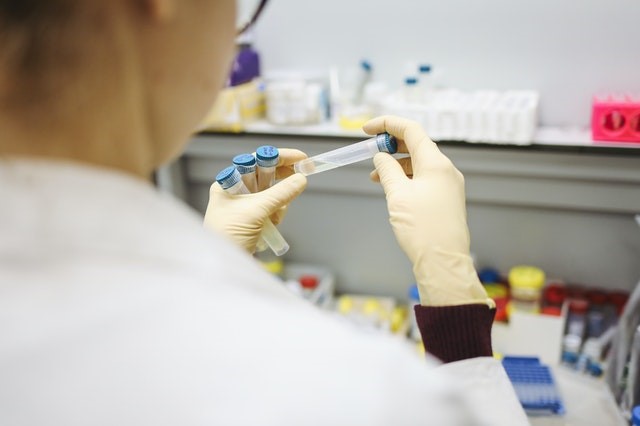What’s the Difference Between Covid-19 Rapid and PCR Tests?

You might want to consider getting tested for COVID-19 if you have been in close proximity of COVID-19 positive people for more than 15 minutes. The test will help determine if you have caught the viral infection and you will then be able to get the appropriate medical treatment as soon as possible.
To find a healthcare center closest to your location, type coronavirus PCR testing near me in a search engine. Many healthcare centers may require you to register beforehand for the testing and schedule an appointment at their testing site. Before you get tested, though, it is advisable to find out about the tests that are available and about your COVID-19 testing options.
The most common tests for COVID-19 are the rapid antigen tests and the polymerase chain reaction (PCR) tests. You can also get testing kits for home use.
The FDA has given these tests emergency use authorization (EUA), but the World Health Organization (WHO) does not currently recommend them for patient care and clinical decision making. According to the information on the WHO website, the rapid diagnostic tests to detect antigens and antibodies and the home-use kits are recommended only for research settings.
That being said, these tests are the most commonly used tests to detect COVID-19 infections in the United States and around the world.
What is a Rapid Antigen Test?
A rapid antigen test is administered to find out if the tested person has been infected by the Sars-CoV-2 virus. The tested person may or may not show any noticeable symptoms of the viral infection such as fever, coughing, shortness of breath, body aches, and loss of smell or taste.
To carry out the diagnostic test, the healthcare provider will use swabs to collect bodily secretion samples from your nose or throat or ask you to spit your saliva into a tube. These samples then undergo an examination to find out if they contain fragments of COVID-19 viral proteins, also known as antigens. There is no need for lab analysis.
What is a PCR Test?
A PCR test can also be administered to people with or without COVID-19 symptoms. As with a rapid antigen test, a PCR test is dependent on taking nasal and throat secretion samples. Unlike a rapid antigen test, however, a PCR test detects the presence of RNA viral genetic material in your body by carrying out a polymerase chain reaction.
The PCR test needs to be conducted in a well-equipped laboratory since a proper analysis of the Sars-CoV-2 specific genetic material is necessary to obtain an accurate result. The PCR test is considered to be the gold standard in COVID-19 testing and its results have a high percentage of accuracy.
What is the difference between the Rapid Antigen Test and the PCR Test?
You can get the results for the rapid antigen test within 15-30 minutes, but the test is considered to be less reliable than the PCR test. It is generally more effective in the early stages of the infection when your nose and throat are likely to contain a high concentration of COVID-19 viral load. However, the test cannot differentiate between the COVID-19 virus and other coronaviruses. And it is common to get a false negative result when you are infected and to get a false-positive result when you are not infected.
The PCR test, on the other hand, is effective in detecting the presence of the COVID-19 virus in the early and later stages of the infection. You may want to get it to confirm whether you do or don’t have the COVID-19 viral infection. However, a PCR test can take two to four days to deliver results, sometimes longer.
Which is the Right Covid-19 Test for You?
When you visit the health center you’ve found by searching for “Coronavirus PCR Testing Near Me”, the healthcare provider will assess your health and let you know if you must get tested and, if you do, which diagnostic test will be suitable for you.
Since both tests are designed to detect active infections of the Sars-CoV-19, it might be advisable to get tested three or four days after you develop COVID-19 symptoms or have been around an infected person.
